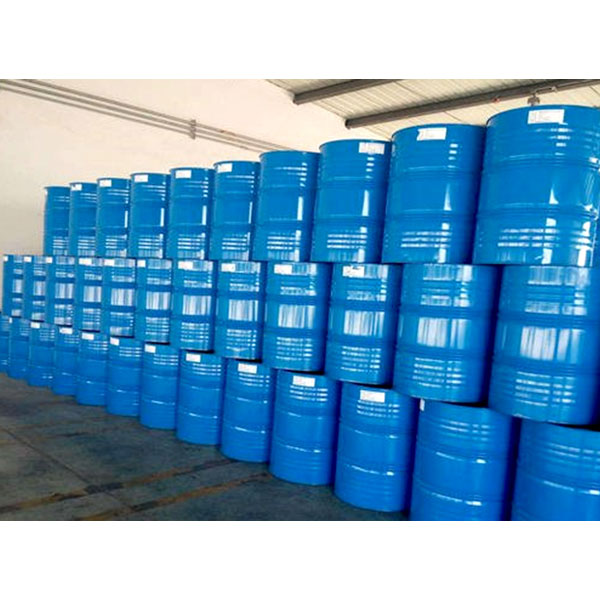Unlocking the Potential of Flexible Foam Polymer Polyol
2024-08-02
In the world of materials science, flexible foam polymer polyol stands out as a versatile and essential component in the production of various foam-based products. Its unique properties make it a preferred choice in numerous industries, from automotive to furniture manufacturing. In this blog, we will delve into the key features, benefits, and applications of flexible foam polymer polyol, highlighting its pivotal role in modern manufacturing.
What is Flexible Foam Polymer Polyol?
Flexible foam polymer polyol is a type of polyol specifically designed for producing flexible polyurethane foam. Polyols are crucial components in the creation of polyurethane, which is formed through a chemical reaction between polyols and isocyanates. The resulting material can be tailored to exhibit a range of properties, from soft and cushiony to firm and supportive, depending on the specific application requirements.
Key Features of Flexible Foam Polymer Polyol
1. Versatility: Flexible foam polymer polyol can be formulated to produce foams with varying densities, hardness levels, and other characteristics. This versatility makes it suitable for a wide range of applications.
2. Enhanced Durability: Foams made from polymer polyol exhibit excellent durability and resilience. They can withstand repeated use and maintain their shape and properties over time.
3. Comfort and Support: The material properties of polymer polyol allow for the creation of foams that provide superior comfort and support. This makes it ideal for use in products like mattresses, cushions, and seating.
4. Lightweight: Despite its durability and strength, flexible foam polymer polyol is lightweight. This property is particularly beneficial in applications where weight reduction is crucial, such as in automotive manufacturing.
5. Eco-Friendly Options: Advances in polyol technology have led to the development of more environmentally friendly versions, including those derived from renewable resources. These eco-friendly polyols reduce the environmental impact of foam production.
Benefits of Using Flexible Foam Polymer Polyol
1. Improved Product Performance: The ability to tailor the properties of flexible foam polymer polyol ensures that end products meet specific performance criteria. This customization leads to higher quality and more reliable products.
2. Cost-Effective Production: The efficiency of polyurethane foam production using polymer polyol results in cost savings. Manufacturers can produce high-quality foams with less material waste and lower energy consumption.
3. Comfort and Safety: Products made with flexible foam polymer polyol, such as mattresses and automotive seating, provide enhanced comfort and safety for users. The material's ability to absorb impact and provide consistent support is a key advantage.
4. Sustainability: The development of bio-based polyols and other sustainable options supports the growing demand for environmentally responsible materials. Using eco-friendly polyols helps reduce the carbon footprint of foam products.
Applications of Flexible Foam Polymer Polyol
- Furniture and Bedding: Used extensively in the production of mattresses, pillows, sofas, and other upholstered furniture, where comfort and durability are paramount.
- Automotive Industry: Employed in the manufacturing of car seats, headrests, armrests, and interior trim components, providing comfort, support, and weight reduction.
- Packaging: Utilized in protective packaging solutions, offering cushioning and protection for delicate items during shipping and handling.
- Construction: Applied in insulation and soundproofing materials, enhancing energy efficiency and acoustic performance in buildings.
- Medical Devices: Used in the production of various medical supports and cushioning products, ensuring patient comfort and support in medical settings.
Conclusion
Flexible foam polymer polyol is a cornerstone material in the production of high-performance, versatile, and durable polyurethane foams. Its wide range of applications, from comfort-enhancing furniture to energy-efficient construction materials, underscores its importance in modern manufacturing. By offering customizable properties, cost-effective production, and sustainable options, flexible foam polymer polyol continues to drive innovation and excellence across industries.
Whether you are a manufacturer looking to improve product performance or a consumer seeking high-quality foam products, the advantages of flexible foam polymer polyol are clear. Embrace the potential of this remarkable material and explore the myriad possibilities it offers in creating superior, reliable, and eco-friendly products.



